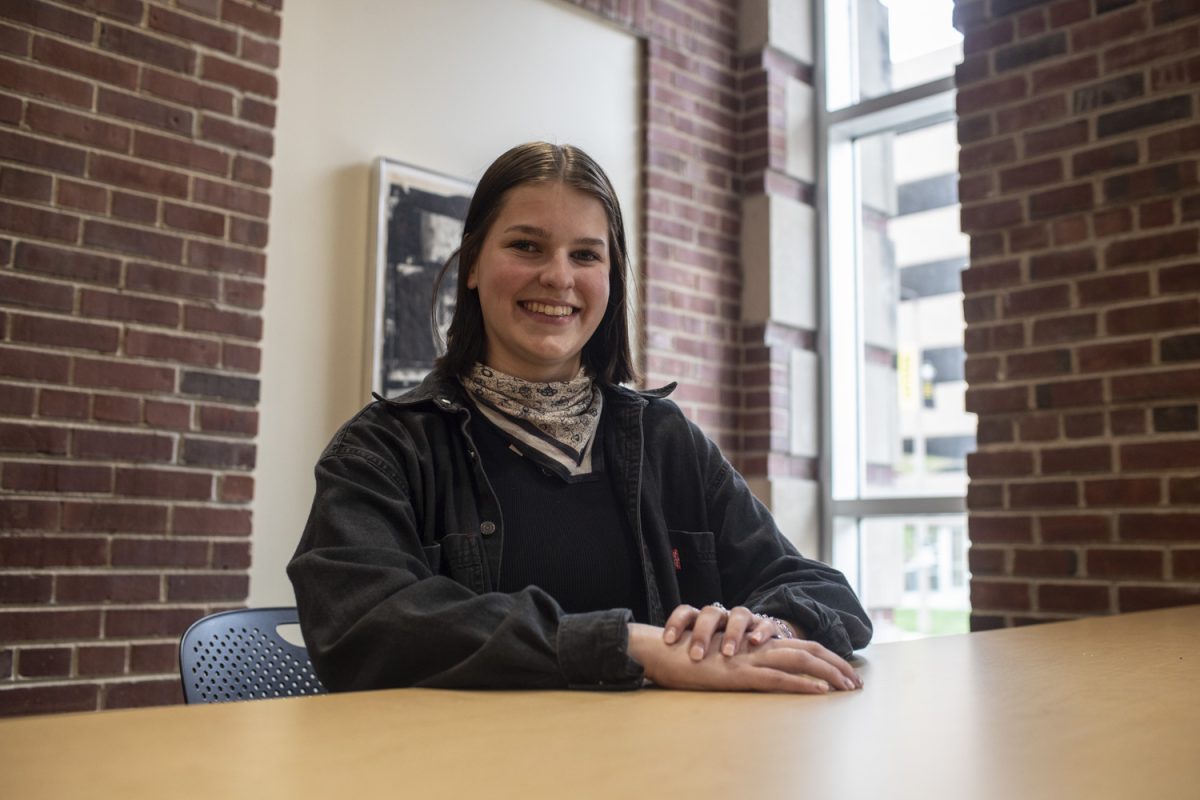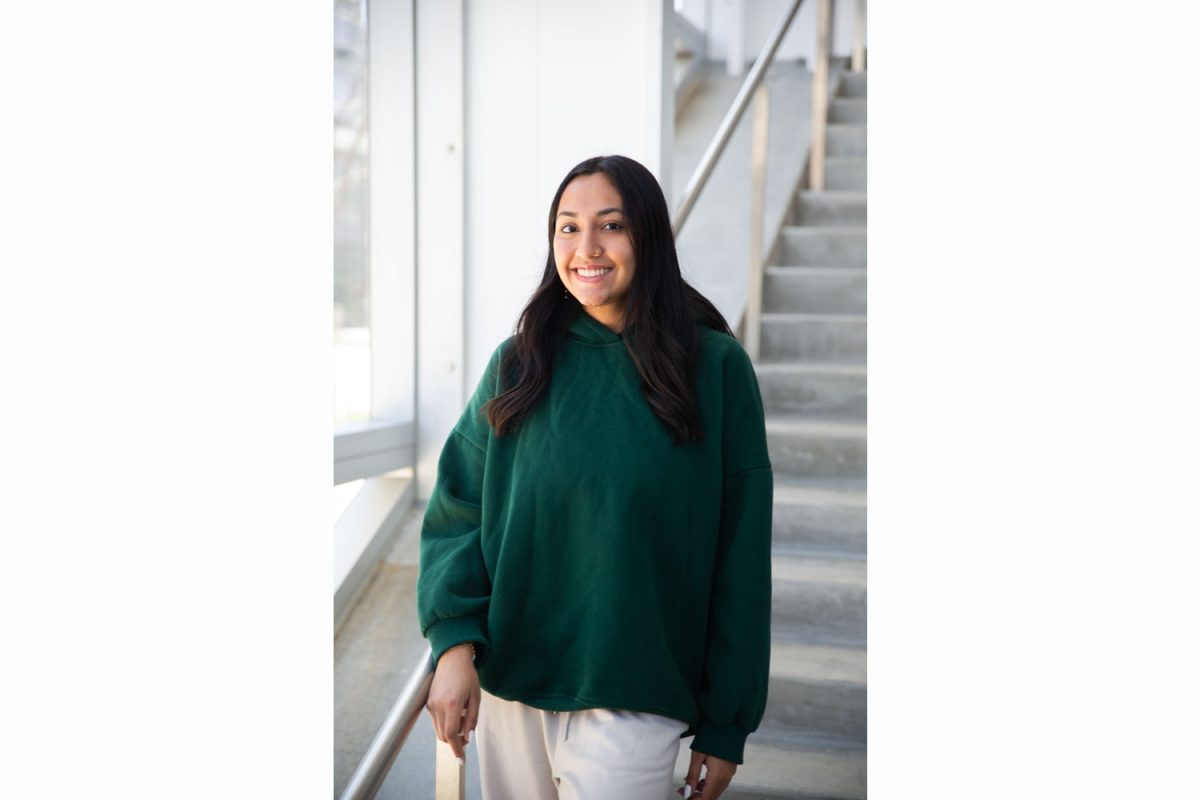For the past several years, immigration has been a hot-button political topic. Perhaps one of the reasons people in America are passionate about immigration is because it is at the core of what makes a person an “American.” Most Americans’ ancestors, or they themselves, are from somewhere else, and one author has honed in on this truth in what can be considered a truly American narrative.
Dinaw Mengestu immigrated with his family to the United States from Ethiopia at the age of 2. His family was fleeing the turmoil that had erupted across the country as a result of a revolution and civil war. Mengestu grew up in Illinois, and he wanted to find a way to reconcile both his American and Ethiopian cultures.
“Growing up in the Midwest, we were the only Ethiopian-American family around, so we had this very dual identity where we were being Ethiopian in our house but learning to be American outside,” he said.
The combination of these two cultures becomes a recurring element in both of Mengestu’s published novels. Students and community members alike will have a chance to sample his style at 8 p.m. today in the Dey House Frank Conroy Reading Room as part of the Iowa Writers’ Workshop spring reading series. Admission is free.
Mengestu’s first two novels, The Beautiful Things That Heaven Bears and How to Read the Air follow characters who struggle to reconcile and understand their Ethiopian heritage with immersion in American culture. His third novel, All Our Names, will come out on March 4, and it, too, addresses the struggles of characters who get caught up in a revolution in Africa and are driven apart, one finding safety in the American Midwest.
Mengestu said growing up he felt a pull to explore the Ethiopian side of his culture, and writing became that outlet for him.
“You grow up with the sense of having lost a culture and lost a country, and inevitably, you want to try to get that back,” he said. “I grew up feeling very American, but at the same time, I had a strange name that was difficult for people to pronounce.”
Aamer Madhani, Mengestu’s childhood friend, said he can see how their experiences growing up together show up in Mengestu’s writing. At school they both faced racism and isolation from their peers, which Madhani said he sees in his friend’s characters. He said the experiences Mengestu relates in his novels are what appeal to him and make Mengestu one of his favorite authors.
“He has this perspective that someone like Junot Diaz has as well, someone cradling these two worlds and not feeling comfortable in either,” he said. “That speaks very loudly to a lot of people, including me.”
Mengestu received a B.A. from Georgetown University,then an M.F.A. from Columbia University. Today, he teaches at Georgetown. One of his old professors and now colleague said she recognized Mengestu’s talent from the first assignment in her creative nonfiction class in 2000. Norma Tilden, associate director of the writing program at Georgetown, said that while he was a student, she would always save his assignments for the end while grading because she enjoyed them so much. Having now read his books, particularly The Beautiful Things That Heaven Bears, which takes place in D.C., she said her former student has taught her some things.
“You always have a sense that he’s very closely reading not only objects but people and situations and describing them,” she said. She later noted, “This is a city that I’ve lived in for more than 40 years, and I see it differently having read [Mengestu’s] book.”
READING






